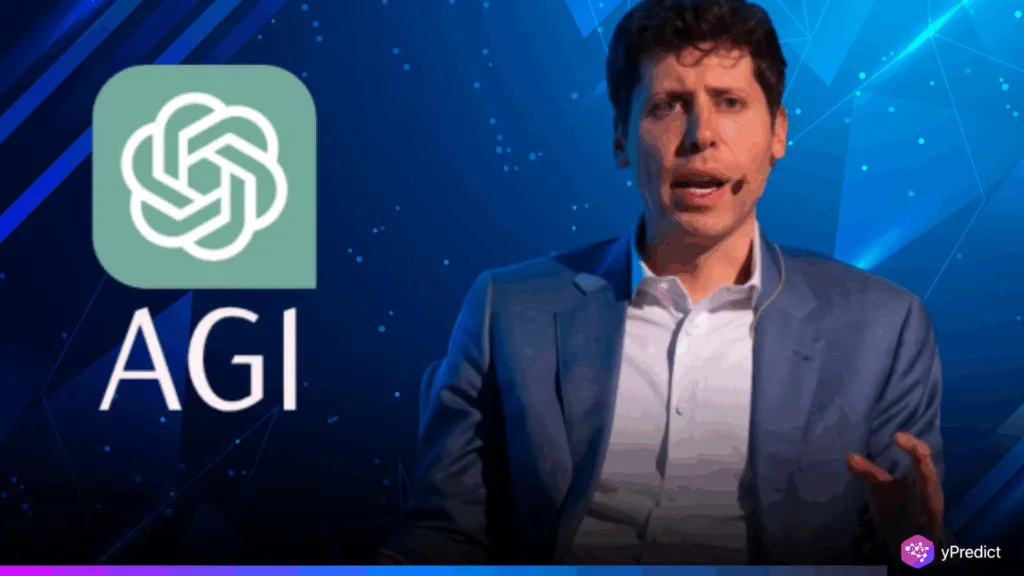
Artificial General Intelligence (AGI) was once a distant goal. Now, Sam Altman believes that the milestone has already been reached. Speaking recently, the OpenAI CEO declared, “AGI is solved,” signaling a turning point in the world of artificial intelligence. He emphasized that the company is already moving beyond AGI and now focusing on building superintelligence.
This statement reflects a massive shift in both ambition and responsibility. Altman acknowledged the long journey it took to reach this moment, from uncertainty and skepticism to breakthrough after breakthrough. The industry is no longer guessing whether AGI is possible. According to Altman, that question has already been answered. The challenge now is making superintelligence fair, safe, and widely accessible.
AGI Is No Longer a Hypothetical
When OpenAI launched nearly a decade ago, the concept of AGI felt like science fiction. Few believed it would be achieved in such a short time. Altman and his team kept experimenting, failing, learning, and pushing forward. Despite setbacks and lucky breaks, they reached a stage where AI systems now rival human-level cognition across many tasks.
AGI is solved, according to Altman, and it’s now visible in the massive progress we’ve seen in language models, multimodal systems, and reasoning tools. This transition represents more than just a technical milestone. It’s a shift in how AI will shape the future, an era where intelligent systems will act like global collaborators rather than limited tools.
Preparing for the Superintelligence Era
With AGI behind them, OpenAI is now focusing on superintelligence development, systems even more capable than today’s AGIs. Altman says this new generation of AI will be deeply personal, adaptive, and intuitive. It will grant people “superpowers” that were pure fiction just a few years ago.
The shift in priorities also includes a serious concern: preventing power concentration. Altman emphasized the importance of global AI access. No single country, company, or elite group should dominate the use of superintelligent AI. Instead, the technology must be cheap, broadly distributed, and fair.
Infrastructure Will Decide the Future of AI
Sam Altman warned that the future of AI won’t be limited by clever algorithms anymore. Instead, it will be limited by physical infrastructure. Chips, cables, servers, energy, and storage will all decide how far we can scale superintelligence.
This need for infrastructure explains OpenAI’s interest in regions like Norway. Altman sees Europe, especially Norway, as a key contributor to the compute power required for future breakthroughs. The region offers renewable energy, political stability, and room to grow the computational capacity needed for the brain of the world.
A Shared Responsibility for the AI Industry
Altman made it clear: this isn’t just about OpenAI. The entire AI community now shares a responsibility. What we build today will define the next era of humanity. Superintelligence must not repeat the mistakes of past technologies that deepened global inequality or created power imbalances.
OpenAI’s commitment to global AI access is central to their future goals. As AGI is solved, ensuring the responsible development of superintelligence has become the core mission. It’s no longer about just advancing tech, it’s about guiding it with ethics, equity, and global collaboration.
Final Thoughts on What Comes Next
The path from unsure starts to declaring AGI solved represents one of the most transformative technological shifts in history. At this point, OpenAI takes the lead in developing superintelligence while the stakes have reached their highest point ever.
Through his action appeal Altman directs his message not only to researchers and policymakers but also to every person. The systems that will impact every part of our existence require collective design from all of us. The future of AI can deliver benefits to all people when collaboration meets thoughtful policy with shared infrastructure.






